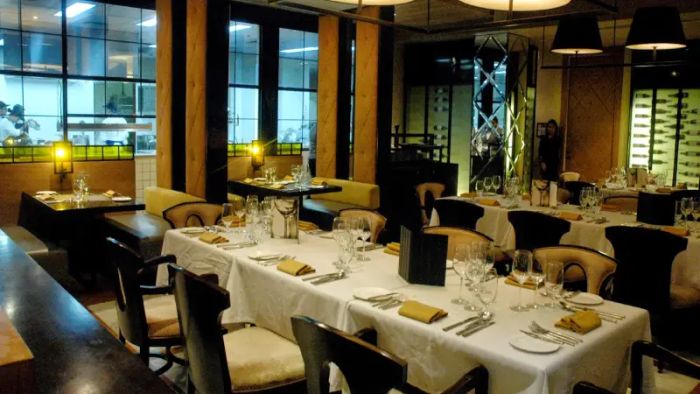Restaurants to receive robust framework from Govt for charging service charge

- Jun 03, 2022,
- Updated Jun 03, 2022, 5:26 PM IST
The Central Government will soon come up with a strong framework to ensure that all stakeholders comply with the service charge levied by restaurants and hotels, as it has a negative impact on consumers on a daily basis.
On Thursday, June 2, the Department of Consumer Affairs (DoCA) held a meeting with restaurant associations and consumer organisations to discuss the imposition of a service charge in hotels and restaurants.
Major restaurant associations, such as the National Restaurant Association of India (NRAI) and the Federation of Hotel & Restaurant Associations of India (FHRAI), as well as consumer organisations like Mumbai Grahak Panchayat and Pushpa Girimaji, attended the meeting.
Major issues relating to service charge were discussed during the meeting by consumers on the DoCA's National Consumer Helpline, including mandatory levy of service charge, adding the charge by default without express consent of the consumer, concealing that such charge is optional and voluntary, and embarrassing consumers if they refuse to pay such charge, among others.
According to the restaurant associations, when a service charge is mentioned on the menu, the consumer's implied consent to pay the charge is implied. The service charge is used by restaurants and hotels to pay their employees and is not charged for the experience or food that the restaurant or hotel provides to the customer.
According to Consumer Organizations, levying a service charge is arbitrary and constitutes an unfair and restrictive trade practise under the Consumer Protection Act. Questioning the legitimacy of such a charge, it was pointed out that since restaurants/hotels are not prohibited from fixing their food prices, adding an additional charge in the name of a service charge is harmful to consumers' rights.
As stated in DoCA's previous guidelines dated April 21, 2017, placing an order by a customer constitutes his agreement to pay the menu prices plus applicable taxes. Under the Act, charging for anything other than the aforementioned without the consumer's consent would be considered unfair trade practise.
Furthermore, treating a customer's entry into a restaurant/hotel as an implied consent to pay a service charge would be an unjustified cost imposed on the customer as a condition precedent to placing a food order, and would be a restrictive trade practise under the Act.